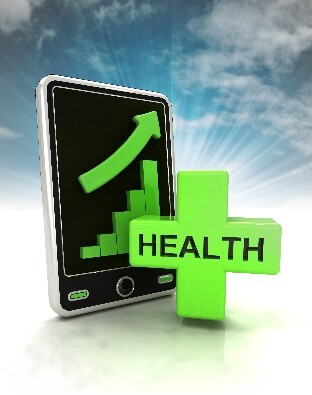
1. HR and talent development

2. Info-gathering inhalers

3. Smart packaging

4. Doctor appointments made easy

5. Beta testing Google GLASS in hospitals

6. Not your grandmothers thermometer
Qualcomm is spurring a $10 million global competition to stimulate innovation and integration of precision diagnostic technologies to create reliable health diagnoses available directly to people in their homes. The mobile device will be capable of capturing key health metrics and diagnosing a set of 15 diseases. Although the contest is ongoing, tricorders have already entered the market. The original device of this kind, the blood glucose meter, will grow more robust with better functionality and connectivity to health care teams. For example, The Scanadu Scout (on shelves in early 2014) reads the blood pressure, heart rate, body temperature, respiratory rate, ECG and emotional stress of the user by simply placing the device to their forehead for 10 seconds. The consumers stats immediately display on their smartphone and can easily be submitted to care professionals.





